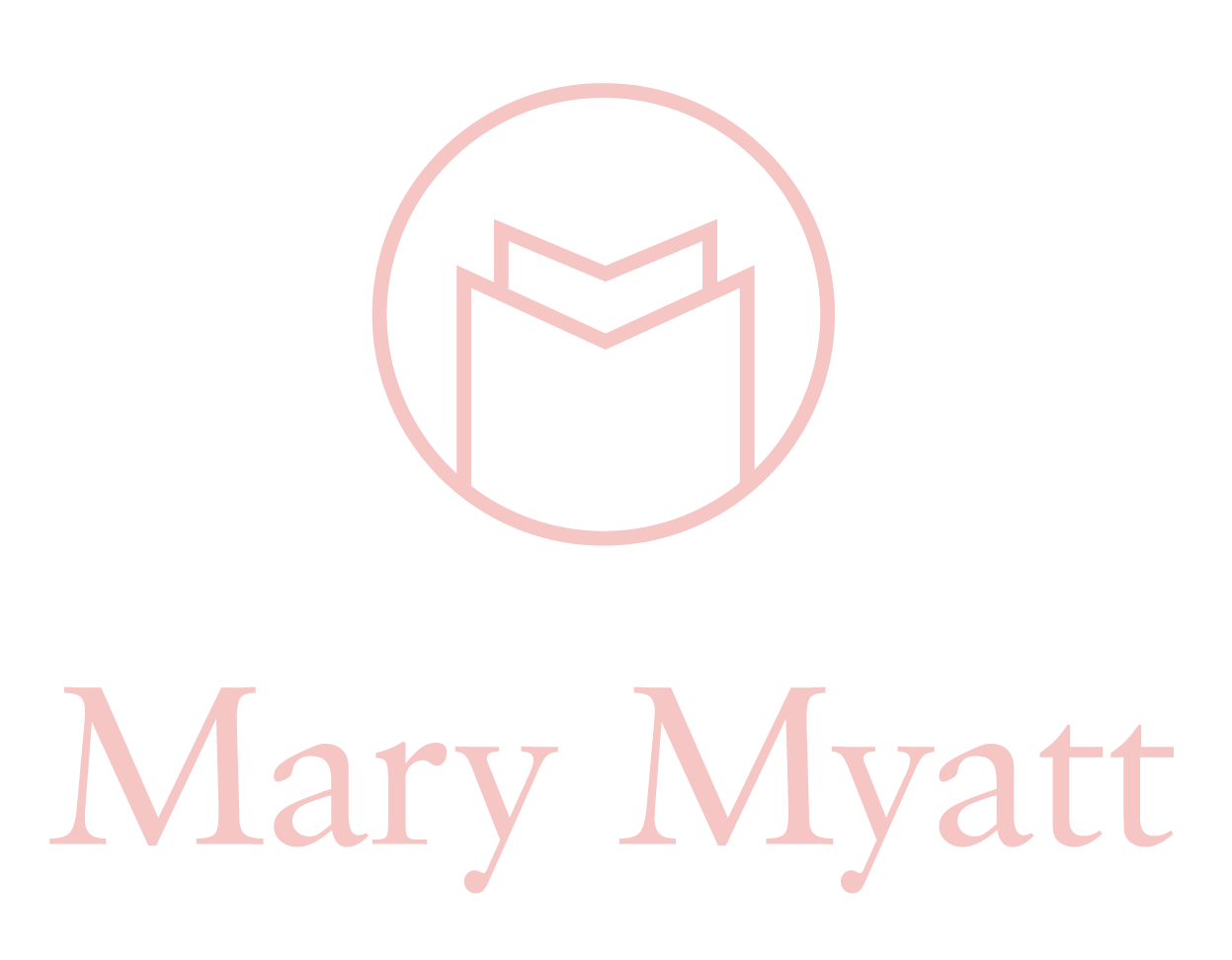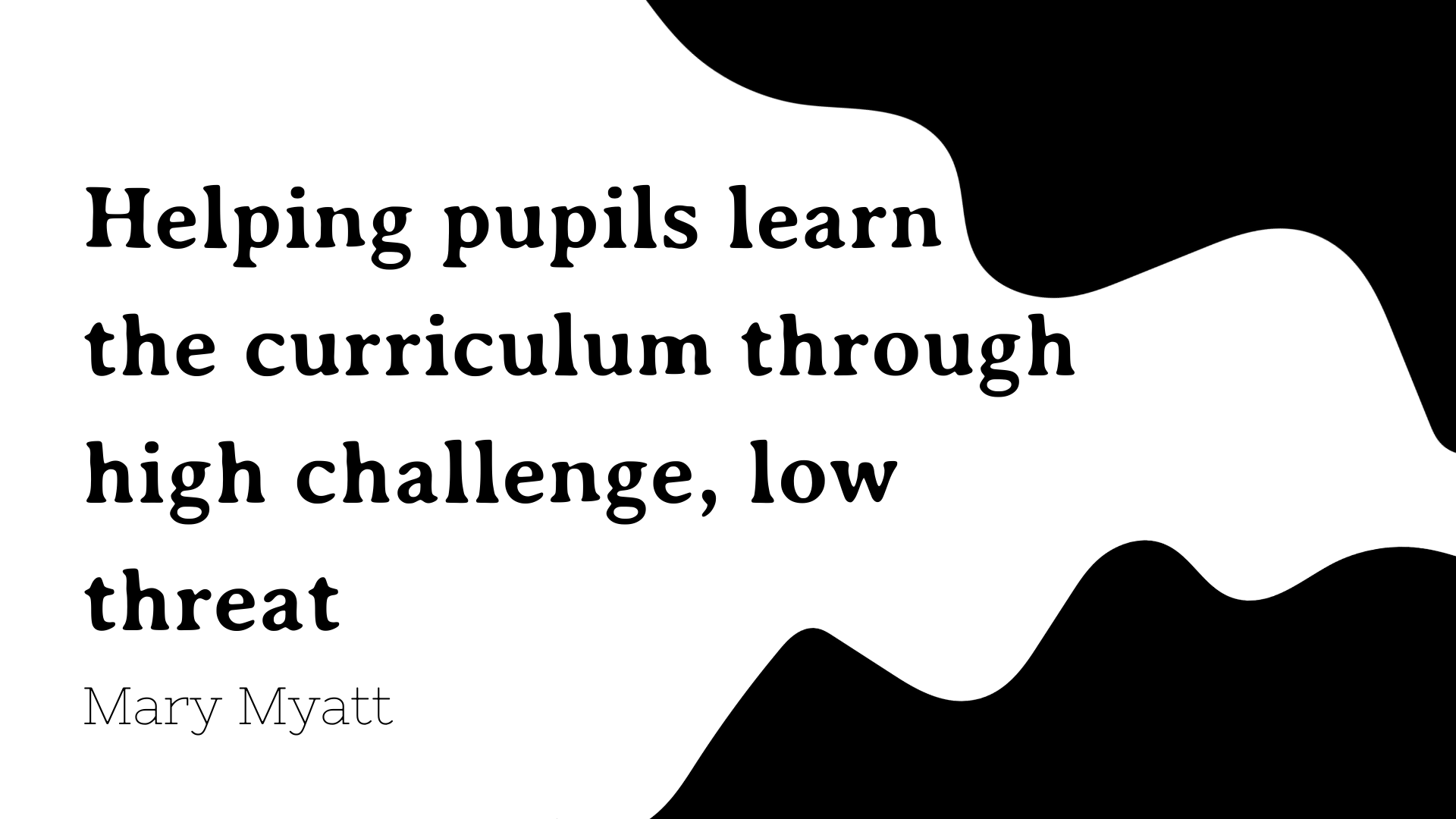Revisiting the curriculum without levels
‘There are a number of compelling reasons for levels being dropped.’
- Professor Tim Oates.
A reminder that levels were removed from the National Curriculum seven years ago. There were several reasons for this: first, they had become disconnected from their original purpose, which had been to create a system which would show progress through a curriculum. But, in spite of their good intentions, they were used for purposes for which they were never intended. They were only ever ‘best fit indicators’ to describe standards at the end of a key stage; they were not able to provide information about what a pupil could or could not do, they were never designed to be broken down into sub-levels or for fine measures of progress, their use often meant that pupils were rushed through content due to the cliff-edge threshold between levels, they gave a false impression of parity between subject and they implied that progress is linear. As Jamie Pembroke argues, ‘progress is catching up, filling gaps, deepening understanding, and overcoming barriers. As much as we'd like it to, can all this really be accurately represented by a single, simple, linear point scale?’ And there were real problems when they became connected to performance management, because teachers were under pressure to ‘show’ progress through improving and rising scores on spreadsheets, which might often mask significant gaps in learning.
Two examples to exemplify this; Shaun Allison, deputy headteacher at the Durrington School: ‘I was observing somebody who came for a job interview at our school. During the lesson he said the following: “If your target is a level 5, you can try the extension task.” Now, I’m sure many of us have said similar, but if we unpick that statement, it’s not useful. Why should we limit deep thinking to those students who have managed to acquire the arbitrary label of a level 5? Why not seek to challenge all students to think more deeply? The second was from a headteacher, reflecting on the presentation on our approach: “Thinking about it, our KS3 teacher assessments are always bang on target or above… but our GCSE results are awful!” This speaks for itself. Levels haven’t really provided us with accurate assessment information.’
The removal of levels in the latest curriculum allows schools to move to a model based on focused assessment of the specifics of the curriculum. As chair of the expert panel that reviewed the National Curriculum between 2010 and 2013, Tim Oates studied many high performing jurisdictions across the world and found a common theme among them was that primary school age children studied fewer things in greater depth. ‘They secured deep learning in central concepts and ideas. Assessment should focus on whether children have understood these key concepts rather than achieved a particular level.’ There continues however, to be a problem, particularly at Key Stage 3, where assessments are linked to the criteria for GCSE. These statements were only ever intended to be used as descriptors for the final exam, they were never meant to be criteria for judging work in earlier key stages. What seems to have happened is that in attempting to prepare younger pupils for the demands of the GCSE, there has been undue focus on the generic skills, rather than concentrating on the content to be learnt for that key stage. As Daisy Christodoulu says, ‘Curriculum planning and its formative assessment should be structured around mastery of the building blocks, not ‘retrofitted’ to the test structure and requirements.’[1]
So, the new curriculum provides far more specific age-related content with an increased expectation of attainment. The question in relation to assessment is simple: if I have taught it, have they got it? And if not, how do I know? And it is here that questions are helpful. For example, with multiple choice questions, pupils will identify the correct answer or answers if they truly understand the distinctions in the range of possible answers. Daisy Christodoulou has some helpful examples which show the power of thoughtful questions. In one version: which of the following words can be used as a verb?
a) run
b) tree
c) car
d) person
e) apple
It is likely that the majority of pupils will get the correct answer. However, a more nuanced response to pupils’ understanding is likely to emerge from a question such as:
In which sentences is ‘cook’ a verb?
a) I cook a meal.
b) He is a good cook.
c) The cook prepared a nice meal.
d) Every morning, they cook breakfast.
e) That restaurant has a great cook.
And it is in the discussion about the correct answers which both support the identification of misconceptions and secure deeper learning. It is the use of these which provides clearer insights into what pupils really understand.
The second area which needs to be considered relates to comparative judgement. Instead of the artificiality of vague criteria, we look at pupils’ work and make judgements about which is better. This calls on the innate professional knowledge of teachers and, when carried out at scale, across a school or nationally, it provides a greater degree of reliability and locates the quality in the actual work itself. The work on comparative judgement is still being developed and it might not be suitable for every part of the curriculum. The greatest benefit is that it gets teachers talking about the features of quality work and how these might be developed in their own classrooms. Jen Reynolds, a teacher and adviser, has written about how she has worked with local schools to make judgements about the quality of pupils’ written work. There are a number of promising aspects to the comparative judgement work - teachers reading lots of work by children from other schools, being able to see how the work of their own classes compares with others, a clear picture of what strong work looks like and what gaps might need to be addressed, and a real sense of professional collaboration rather than suspicion and defensiveness, which sometimes characterises moderation sessions. Comparative judgement meets the criteria for a curriculum without levels.
And in thinking about the curriculum without levels, we need to remember this, from Tim Oates ‘every child, with the right support, is capable of anything.'
[1] Christodoulou, D. (2017) Making Good Progress: the future of formative assessment






